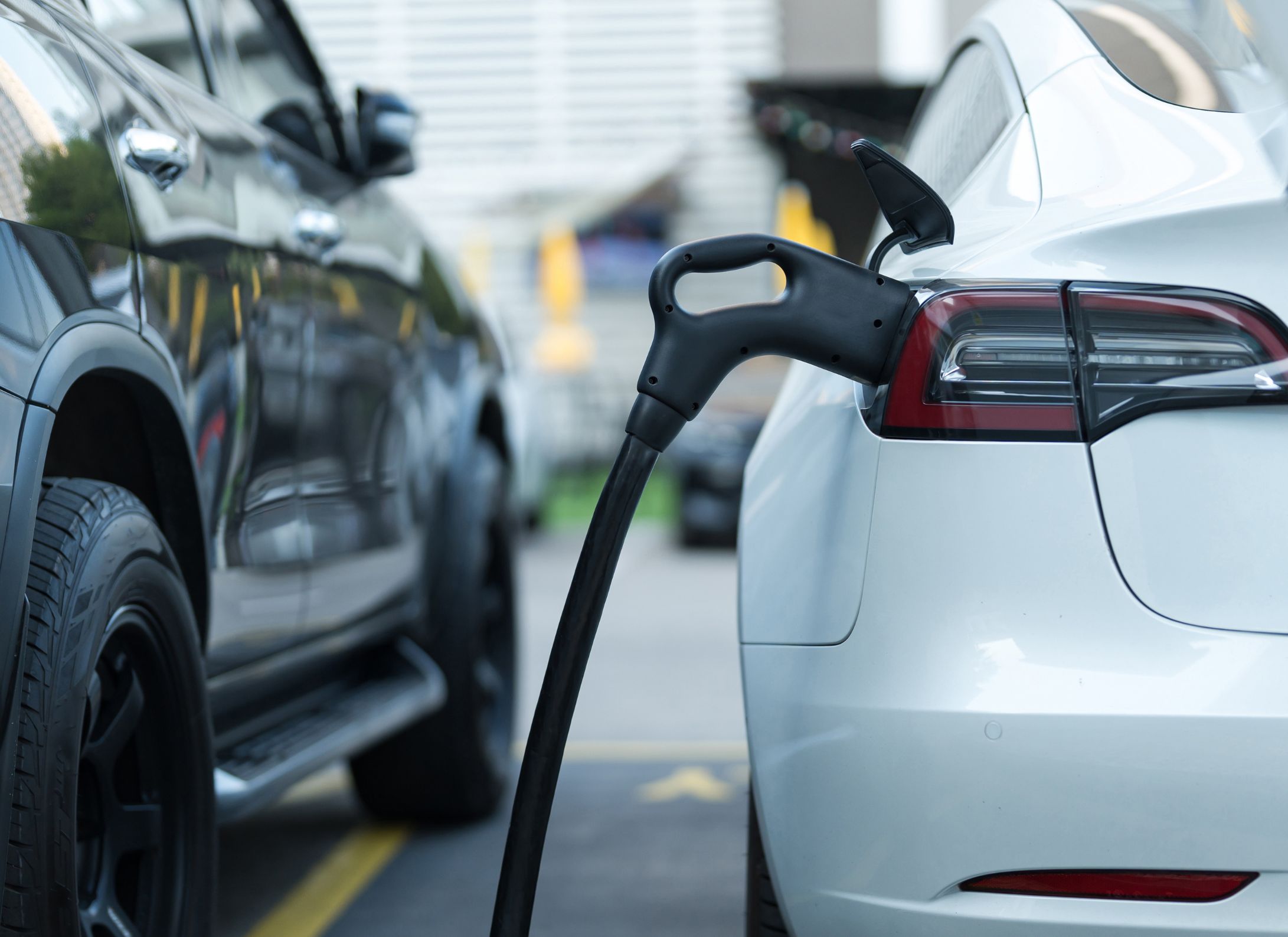In recent years, the electric vehicle (EV) market has seen exponential growth, with more drivers opting for eco-friendly alternatives to traditional combustion engine vehicles. With this surge in popularity, the market for used electric vehicles has also expanded, offering consumers an affordable entry into the world of electric mobility. However, purchasing a used EV comes with its own set of considerations and potential pitfalls. In this guide, we’ll explore what to look out for and what to check when buying a used electric vehicle, with a specific focus on battery life and other critical factors.
Assessing the Battery Health
The battery is arguably the most crucial component of an electric vehicle, as it directly impacts the car’s range and performance. When buying a used EV, it’s essential to assess the battery health to ensure that you’re getting a vehicle with adequate range and longevity. Here are some steps to evaluate the battery:
Check the State of Health (SoH): The State of Health indicates the current capacity of the battery compared to its original capacity. Many EVs come equipped with onboard diagnostics that provide this information. Alternatively, you can use diagnostic tools or consult a qualified technician to assess the SoH.
Review Charging History: Ask the seller for the vehicle’s charging history, including the frequency of fast charging and depth of discharge. Frequent fast charging and deep discharges can accelerate battery degradation.
Perform a Range Test: Take the vehicle for a test drive and pay attention to the range displayed on the dashboard. Compare it to the manufacturer’s specified range for the model year. A significant deviation may indicate battery degradation.
Warranty Coverage: Check if the battery is still under warranty. Many EV manufacturers offer warranties specifically for the battery, which can provide peace of mind regarding potential replacement costs.
General Inspection Checklist
In addition to assessing the battery health, there are several other factors to consider when buying a used electric vehicle:
Exterior and Interior Condition: Inspect the exterior of the vehicle for any signs of damage or wear and tear. Check the interior for cleanliness and functionality of features such as the infotainment system and climate control.
Mechanical Components: Test drive the vehicle to evaluate its overall performance, including acceleration, braking, and handling. Listen for any unusual noises that may indicate mechanical issues.
Charging Equipment: Ensure that the vehicle comes with all necessary charging equipment, such as the charging cable and adaptors. Verify that the charging port is in good condition and functions properly.
Maintenance Records: Request maintenance records from the seller to determine if the vehicle has been regularly serviced and if any major components have been replaced or repaired.
Additional Considerations
When buying a used EV, there are a few additional factors to keep in mind:
Model-Specific Issues: Research common issues and recalls associated with the specific make and model of the EV you’re interested in purchasing.
Vehicle History Report: Obtain a vehicle history report to check for any past accidents, title issues, or other red flags.
Resale Value: Consider the resale value of the vehicle, as depreciation rates can vary significantly among different EV models.
In conclusion, buying a used electric vehicle can be a rewarding and environmentally friendly choice, but it requires careful consideration and inspection to ensure that you’re getting a reliable and well-maintained vehicle. By assessing the battery health, conducting a thorough inspection, and considering additional factors, you can make an informed decision and enjoy the benefits of electric mobility for years to come.



